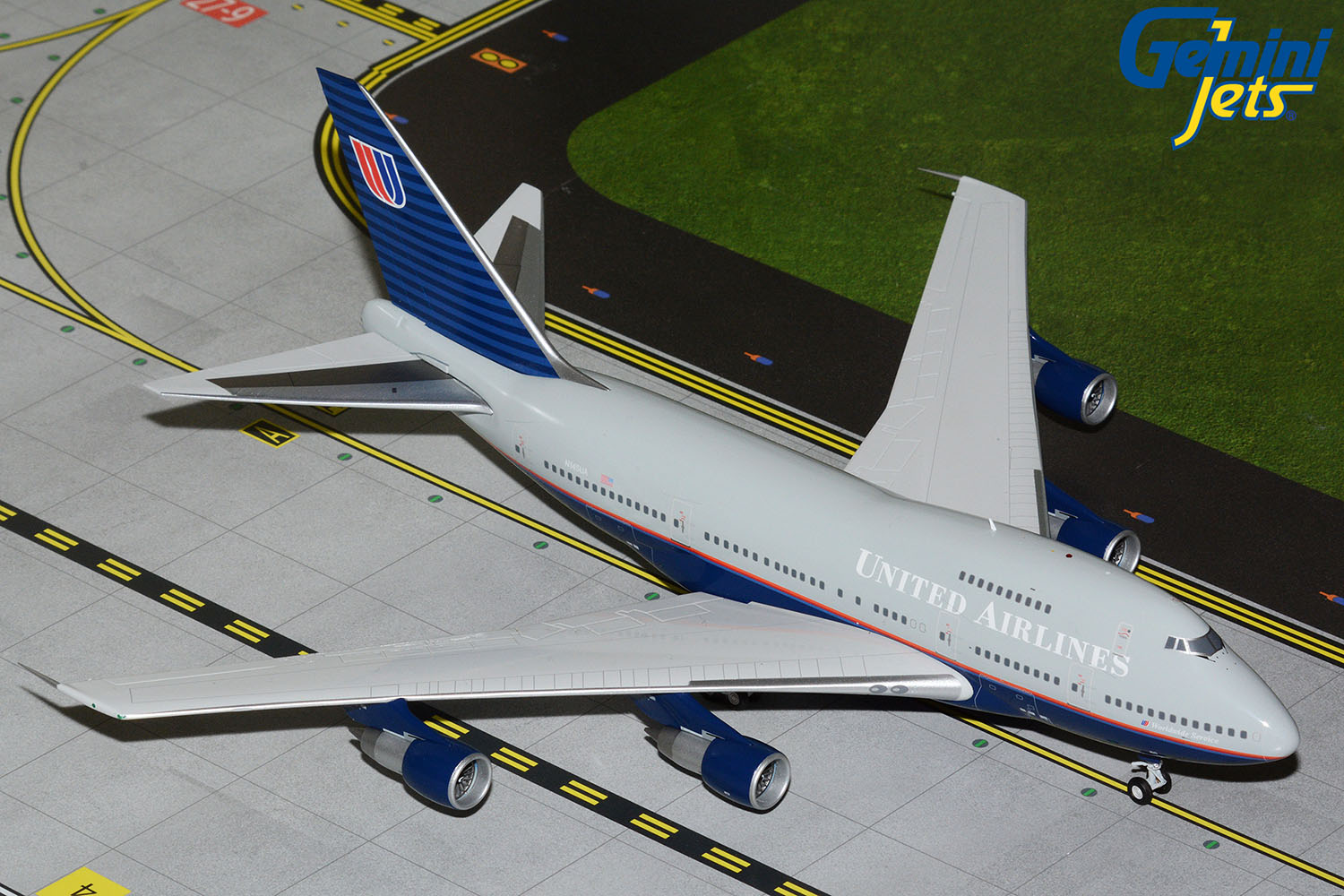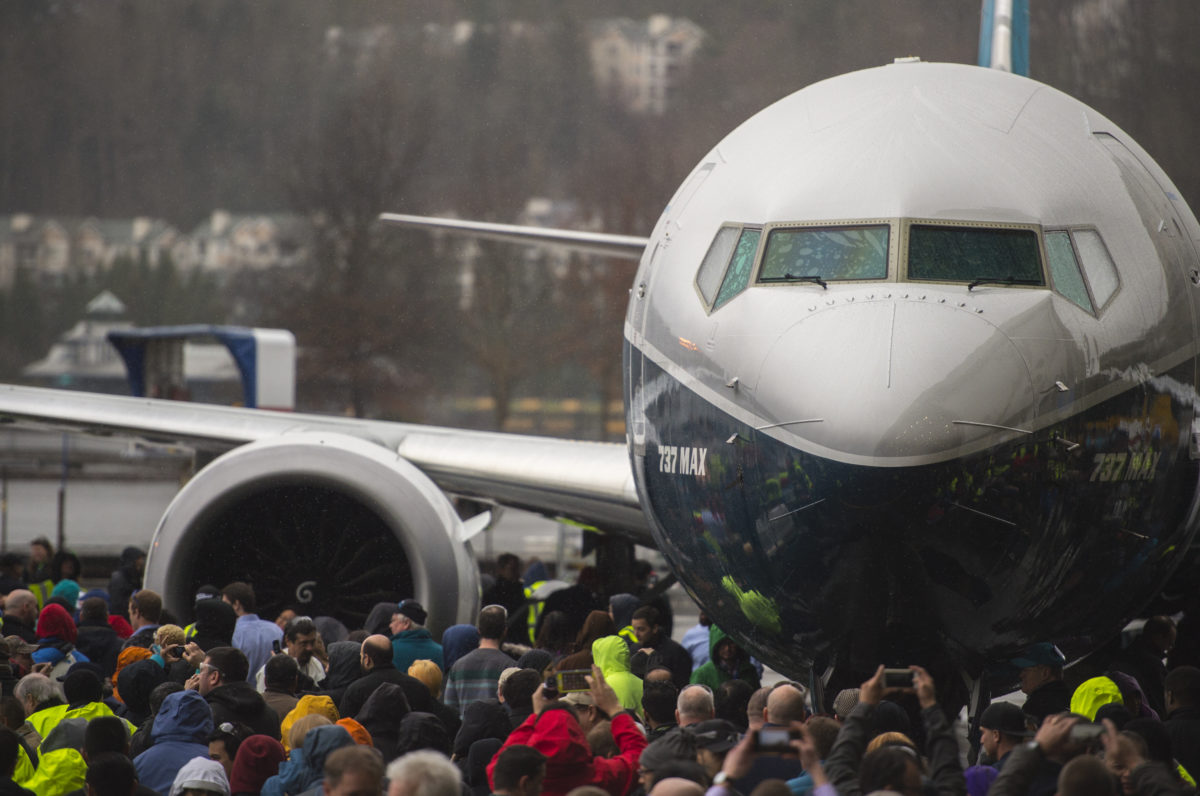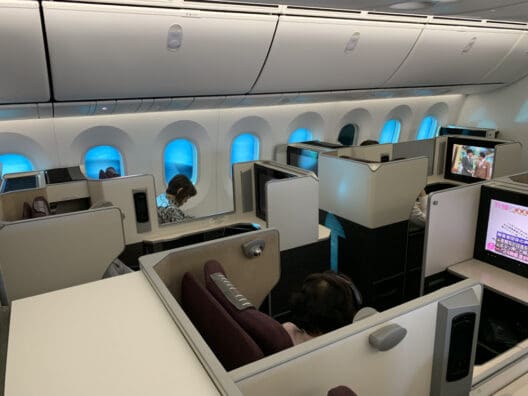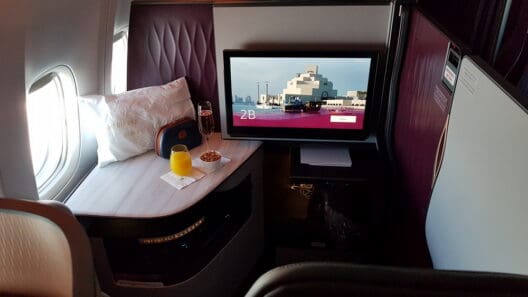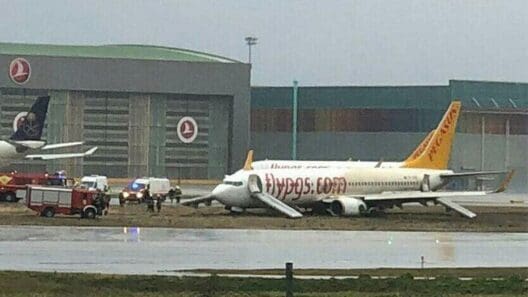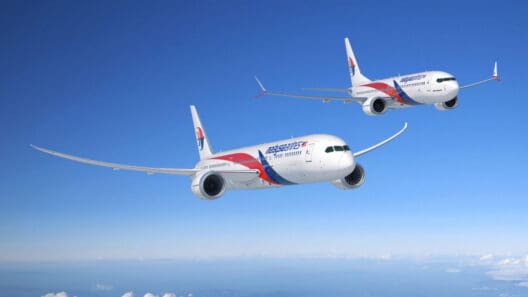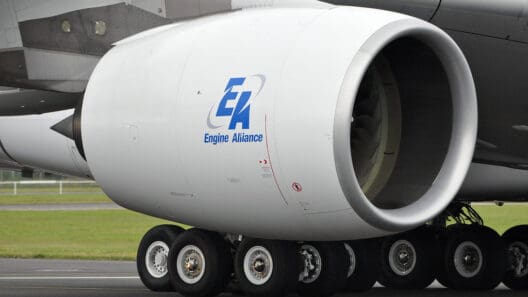Investigators and engineers scrutinising the Boeing 737 MAX have found a potential wiring issue that, left untouched, could result in a serious accident, if not handled correctly by pilots.
The New York Times reports that two bundles of wiring have come into question, after it was deemed they might be too close together; possibly causing the insulation to wear away resulting in a short circuit.
It is understood that this wiring controls components that are within the horizontal stabiliser, this could cause a pitch up or down movement or send the aircraft out of control if a short circuit was to occur.
Boeing is currently determining whether the short circuit could occur in flight or on the ground, they will work with the Federal Aviation Administration on the best solution to avoid any dangerous scenario.
If the wiring bundles are deemed unsafe, Boeing will have to rewire or adjust the position of the bundles on over 800 aircraft; both built and delivered, that are in storage. Additionally, the company would have to implement a revised installation guide for production line workers. Despite this large task, the manufacturer says it would be a simple process.
Other solutions include the use of shielding, thicker insulation, circuit breakers or barriers between the bundles.
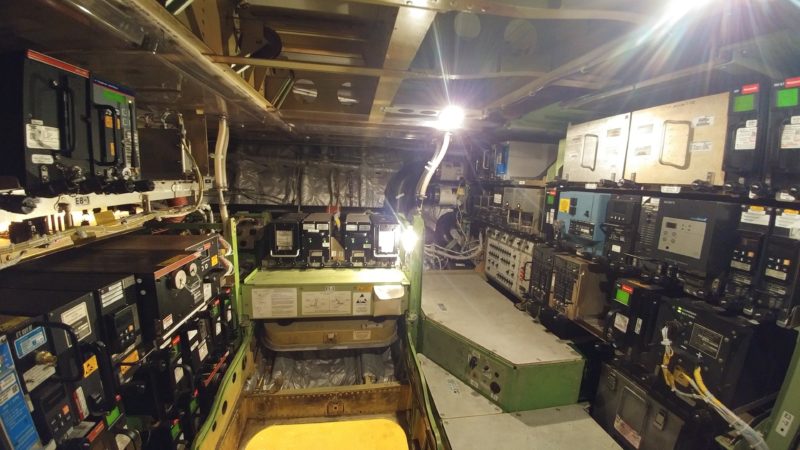
The Federal Aviation Administration has described the issue as potentially catastrophic and has noted that it could push back the return of the 737 MAX.
Certification of the 737 MAX is not expected to occur until February, with some even saying as late as March or beyond. This month, however, will see Boeing temporarily halt production of the type, after filling all the available parking space and to suit suppliers.
The relationship between Boeing, the Federal Aviation Administration and international aviation regulators has been strained as a result of the two crashes, that left 346 people deceased. This has left some locations around the world seeking to conduct their own review and certification.
Boeing has already completed the software revision for the troubled Manoeuvring Characteristics Augmentation System (MCAS) however approval is still pending and other reviews of the aircraft systems, design and construction are still ongoing.
With the first crash of the 737 MAX occurring in October 2018, and the world wide grounding commencing in March 2019, Boeing has dealt with various legal and representational strikes, costing them approximately $9 billion.
After failing to appropriately deal with the aftermath of the two crashes, and tarnishing the company’s relationship with airlines and regulators, Chief Executive Dennis Muilenburg was fired at the end of 2019.
The rebuild of one of America’s most crucial company now lies in the hands of David L. Culhoun, who has been appointed Chief Executive Officer and President. Whilst Culhoun settles into his new position and completes personal dealings, Boeing Chief Financial Officer Greg Smith will serve as a temporary CEO until January 13th.


